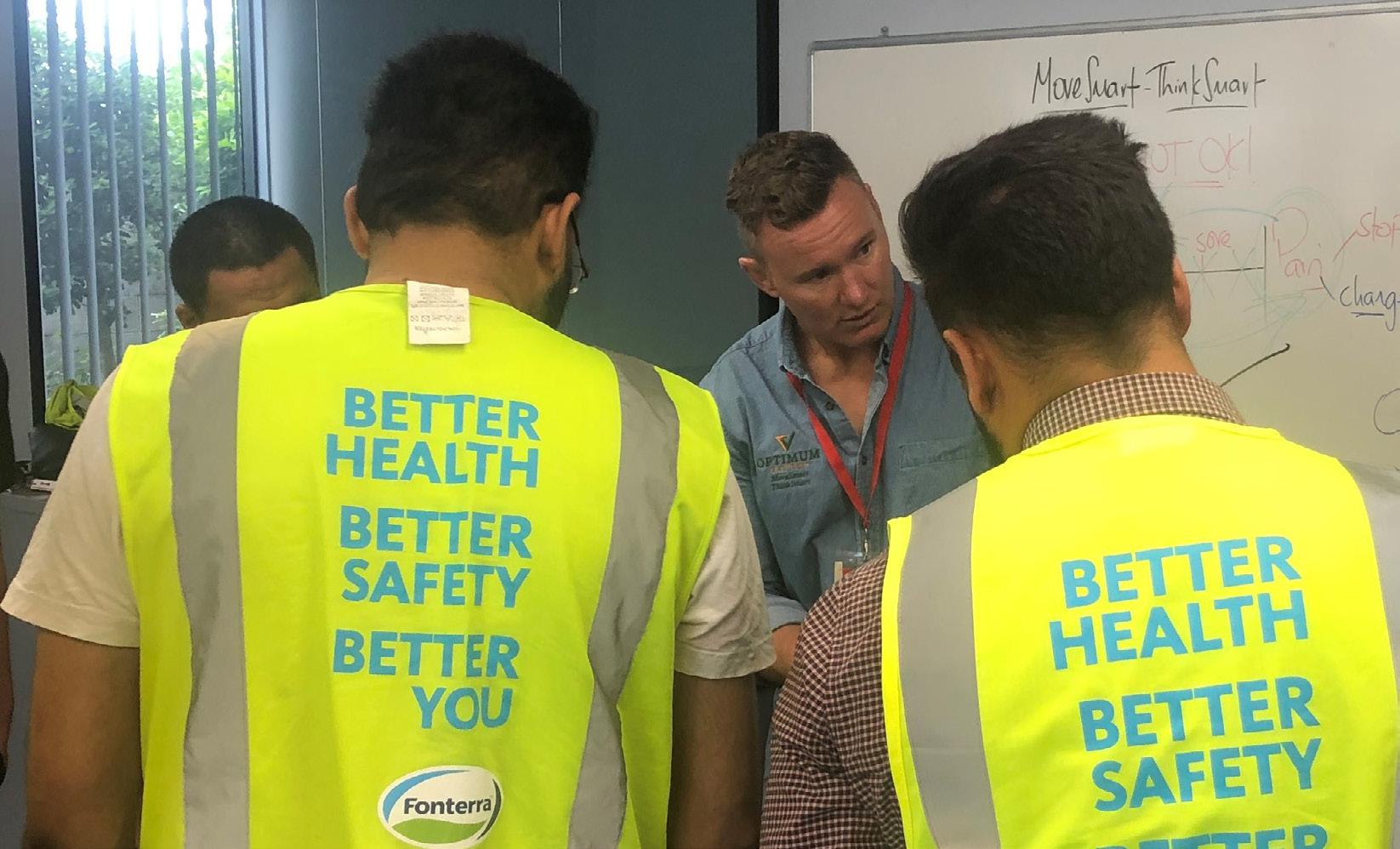Yearbook 2021
Trends of New Zealand’s core industrial and commercial Sector
Sponsored Article
For blue collar workers looking to increase their hourly rate, gaining higher qualifications may not be the answer. Experience, tenure, location and tradespecific training are all more likely to contribute to a higher wage - as is gender
WAGES
T
his result comes from OneStaff’s comprehensive What’s My Rate? New Zealand Industrial and Trades Wage Report 2021 which analysed key trends in Construction & Infrastructure, Engineering, Manufacturing, Production & Logistics, Trades & Services and Commercial & Hospitality. The report surveyed over 6,000 participants from across the country, and revealed that: 1. There is little difference in median pay between different generations. 2. Companies place a higher value on highly experienced people and fresh talent, and less on those somewhere in between. 3. Those with trade-specific training tend to outearn those with almost any other qualification, including Masters degrees. 4. The gender pay gap between men and women has widened since last year - from 17% to 18%. 5. NZ’s biggest cities are not always the place to be to earn more money - in fact, Northlanders earn the highest average wages. 6. No respondent group felt that their wage was fair, with the average worker thinking they should earn $4 per hour more.
42
safetynews.co.nz
infrastructurenews.co.nz propertyandbuild.com
The Gender Pay Gap Each year OneStaff’s research uncovers the evolving trends of women in NZ’s blue collar industries. This year, researchers noted that while the overall representation of women in their survey grew from last year (now nearly 28% of workers in this area identify as female), the gap in pay widened. This disparity is at its worst in the Engineering sector, where there exists a 46% gap between men and women respondents. At the other end, median pay is at its closest in Commercial & Hospitality, where men earn only 4.5% more.
Pay not the only problem to be addressed One of the startling realisations from OneStaff’s research is that there is a major sick leave problem in the surveyed sectors. Respondents were asked how likely they are to take sick leave if they felt ill, and a third said they weren’t sure. Nearly a quarter more said they knew they wouldn’t - meaning over half of all Kiwi workers are likely to come to work even if they aren’t well. The survey also broke down this data to see which groups were more or less likely to take sick leave. Whether male or female,
young or older, the results were the same. Respondents said that they felt there just wasn’t enough staff for them to justify taking leave, while many more said there was too much work on. Given we’re living in the highly health-conscious COVID-19 era, this should be a wake-up call for managers around the country to investigate their companies and determine just how willing their staff are to stay at home when ill. They may need to make significant changes, for the good - and safety - of their workplace. For more detailed insights, download the latest What’s My Rate? report for free


















